Access to professional
planning for
your future success
Having a financial advisor can be invaluable for your investing journey and retirement planning. Discover the advantages of emotional support, comprehensive planning, and a dedicated champion for your financial success.
Advice: Why have a financial advisor?
-
A good advisor will help protect you from yourself, and if you have the self-awareness to know that you occasionally make rash or emotion-fueled decisions, having those “guardrails” is invaluable.
No, your advisor can’t stop you from feeling whatever emotions you’re feeling, just like the guardrail can’t stop every car from going into the ditch. In those moments where you want to push the eject button because you’re scared, the advisor’s job is to remind you of the plan you created and what you’re working toward: a fulfilling and successful retirement.
-
You might be looking at what investments to add to your portfolio, and that’s an important piece of the puzzle.
But have you considered tax planning? What about developing a spending plan or combatting inflation during your retirement? Then there’s healthcare: What does your plan include about Medicare or dealing with medical expenses?
You can pull all these pieces together yourself — just keep in mind that the landscape is always shifting. New laws and regulations are passed every year that can impact your plan. If you want to keep track of it, go for it. The other option is to outsource it to an advisor whose job is to make sure that your plan stays updated and you stay on track toward your goals.
-
Having a plan that considers factors you might not be considering. You might be looking at what investments to add to your portfolio, and that’s no doubt an important piece of the puzzle.
But have you considered tax planning? What about developing a spending plan or combatting inflation during your retirement? Then there’s healthcare: What does your plan include about Medicare or dealing with medical expenses
You can pull all these pieces together yourself — just keep in mind that the landscape is always shifting. New laws and regulations are passed every year that can impact your plan. If you want to keep track of it, go for it. The other option is to outsource it to an advisor whose job is to make sure that your plan stays updated and you stay on track toward your goals.
An advisor won’t only set you up for success, but they’ll also be rooting for you every step of the way. If you don’t have that connection with your advisor, keep looking until you find it.
Retirement
Get personalized financial planning and investment advice from an advisor who truly understands your needs.
-
A cash balance plan is a type of defined benefit plan that operates differently than other types of retirement plans, like 401(k) profit-sharing plans or traditional defined benefit plans.
Cash balance plans are often referred to as “hybrid plans” because, generally speaking, they offer the best of both worlds:
the high contribution limits of defined benefit plans; and
the ease of understanding a defined contribution plan.
Most cash balance plans are established for the primary benefit of the owners or executives of a company. So, the contributions from the company for owners and executives are typically very large, with a smaller contribution provided to staff to meet Internal Revenue Service (IRS) requirements.
-
Why 401(k) Plans? 401(k) plans can be a powerful tool to promote financial security in retirement. They are a valuable option for businesses considering a retirement plan, as they provide benefits to both employees and their employers.
A 401(k) plan: n Helps attract and keep talented employees. n Allows participants to decide how much to contribute to their accounts. n Benefits a mix of rank-and-file employees and owners/managers.
Offers significant tax advantages (including deduction of employer contributions and deferred taxation on contributions and earnings until distribution).
Life Insurance
Life Insurance has long been seen as a price-based product. However, it should be a value-based service solution that mitigates risk and manages loss. Let a planning specialist help you decide what plan works best for you and your family.
-
Indexed universal life (IUL) insurance is a type of permanent life insurance, meaning it has a cash value component along with a death benefit. The money in a policyholder's cash value account can earn interest by tracking a stock market index selected by the insurer.
Advantages• Flexible premiums: As with standard universal life insurance, the policyholder can increase their premiums or lower them in times of hardship.7
• Cash value accumulation: Amounts credited to the cash value grow tax-deferred. The cash value can pay the insurance premiums, allowing the policyholder to reduce or stop making out-of-pocket premium payments.4
• Investment flexibility: The policyholder controls the amount risked in equity-indexed accounts, and the death benefit amounts can be adjusted as needed. Most IUL insurance policies offer a host of optional riders, from death benefit guarantees to no-lapse guarantees.
• Death benefit: This benefit is permanent, not subject to income or death taxes, and not required to go through probate.
• Less risk: The policy is not directly invested in the stock market, thus reducing risk.
• Easier distribution: The cash value in IUL insurance policies can be accessed at any time without penalty, regardless of a person’s age.4
• Unlimited contribution: IUL insurance policies have no limitations on annual contributions.
-
What’s the difference between term and permanent life?
Like all life insurance policies, term insurance and permanent insurance were created to protect the financial well-being of your loved ones in case you pass away. What makes them different, however, comes down to a few basic factors: how long the coverage lasts, the features and benefits they offer, and how the premiums (your payments) are structured.
Permanent life insurance benefits:
These policies generally offer long-term death benefit protection and a host of potentially valuable features. In particular, most permanent life policies give you the opportunity to build cash value. This feature can be especially helpful later in life since the cash value you accumulate can be accessed to help pay for unexpected emergencies or milestone events like college and retirement.
Term life insurance benefits:
With term coverage, you get short-term death benefit protection (often 10, 15, or 20 years), and your beneficiaries will receive a lump-sum death benefit if you pass away during this time. While term life does not offer any cash value accumulation, some policies come with flexible features that allow you to use your benefits early if you become terminally ill or will help pay your premiums if you become disabled.
Annuities
Annuities are insurance products that eliminate the risk of outliving your retirement savings. With fewer people covered by traditional pensions, annuities have gained popularity. They can be combined with other insurance products, such as life insurance, for complete protection for you and your family.
-
Annuities are the only financial product that can provide you with guaranteed lifetime income and ensure that you are never at risk of outliving your savings. You can choose other types of disbursements, but lifetime income is most commonly chosen.
-
As is the case with many retirement savings vehicles, any earnings on your deferred annuity are tax-deferred. That means you don’t pay taxes on the growth in your account until you withdraw it or begin taking payouts. In other words, the taxes you’d normally owe on the gains each year remain in your account and grow, often leaving you with higher balances down the road.
-
Both 401(k)s and IRAs have limits on how much you can contribute each year. If you’re already nearing retirement, those limits may prevent you from making the most of your savings. Deferred annuities have no limits. You can pay as much as you want, either in a lump sum or in a series of payments over time within your annuity contract’s limits.
-
Since annuities are insurance products, you have a lot of options, and most can be customized through optional add-ons called riders to provide added benefits. As part of a well-rounded retirement plan, annuities can provide some protection for you and your family. That could include a death benefit (provided you didn’t start your income), a survivorship clause, or being able to pass the annuity on to heirs. This makes them more flexible than many retirement savings vehicles.









